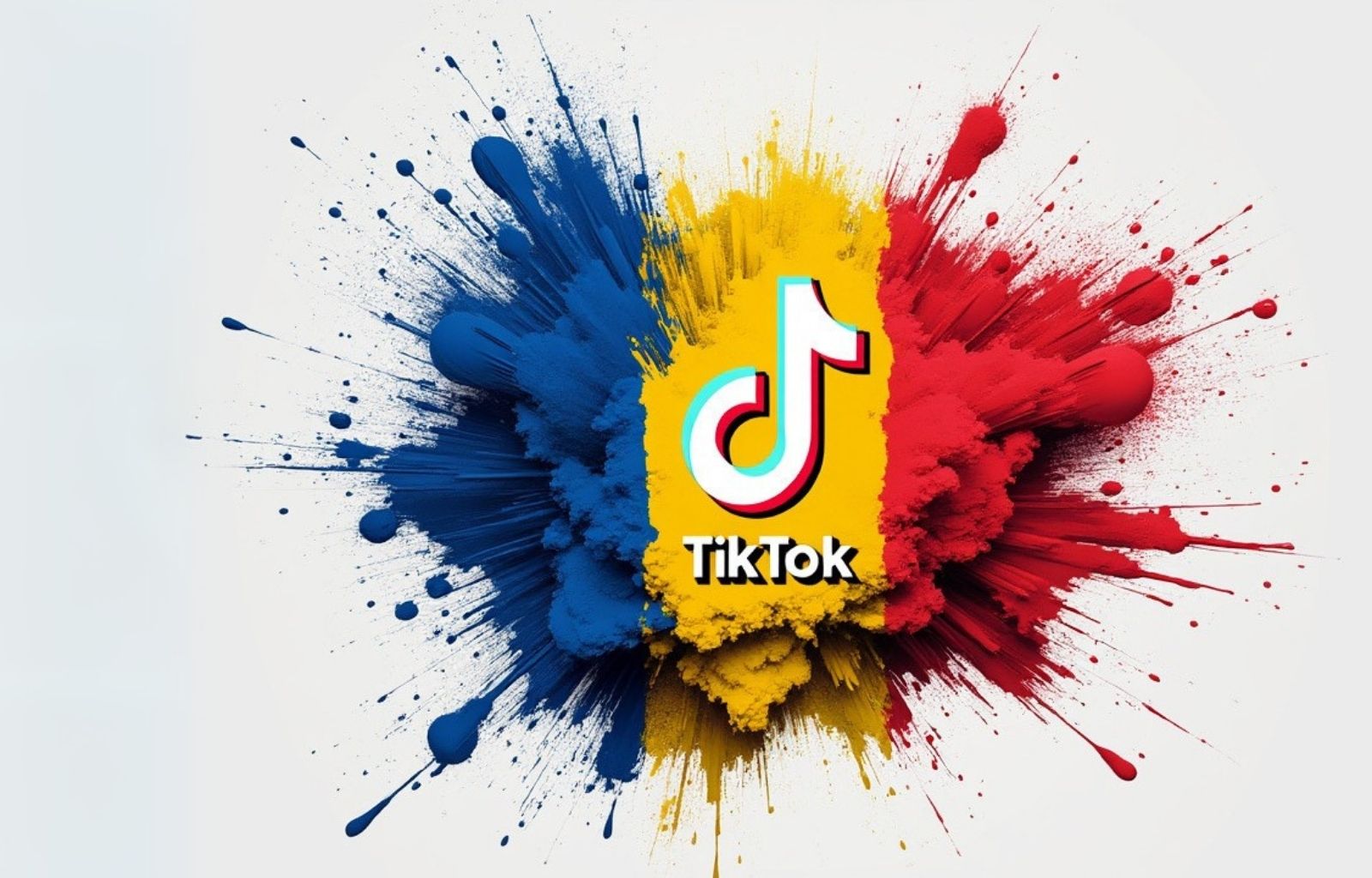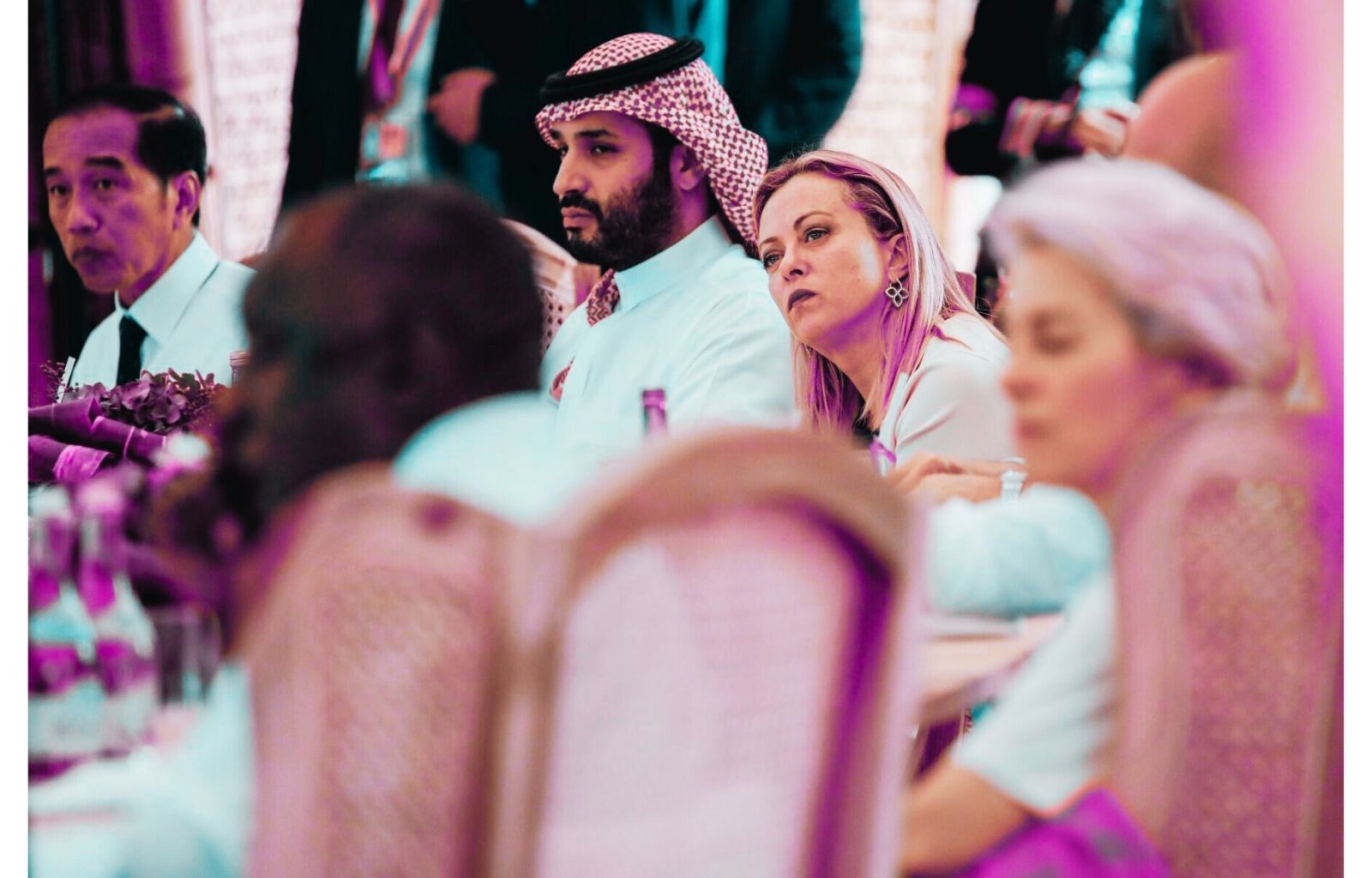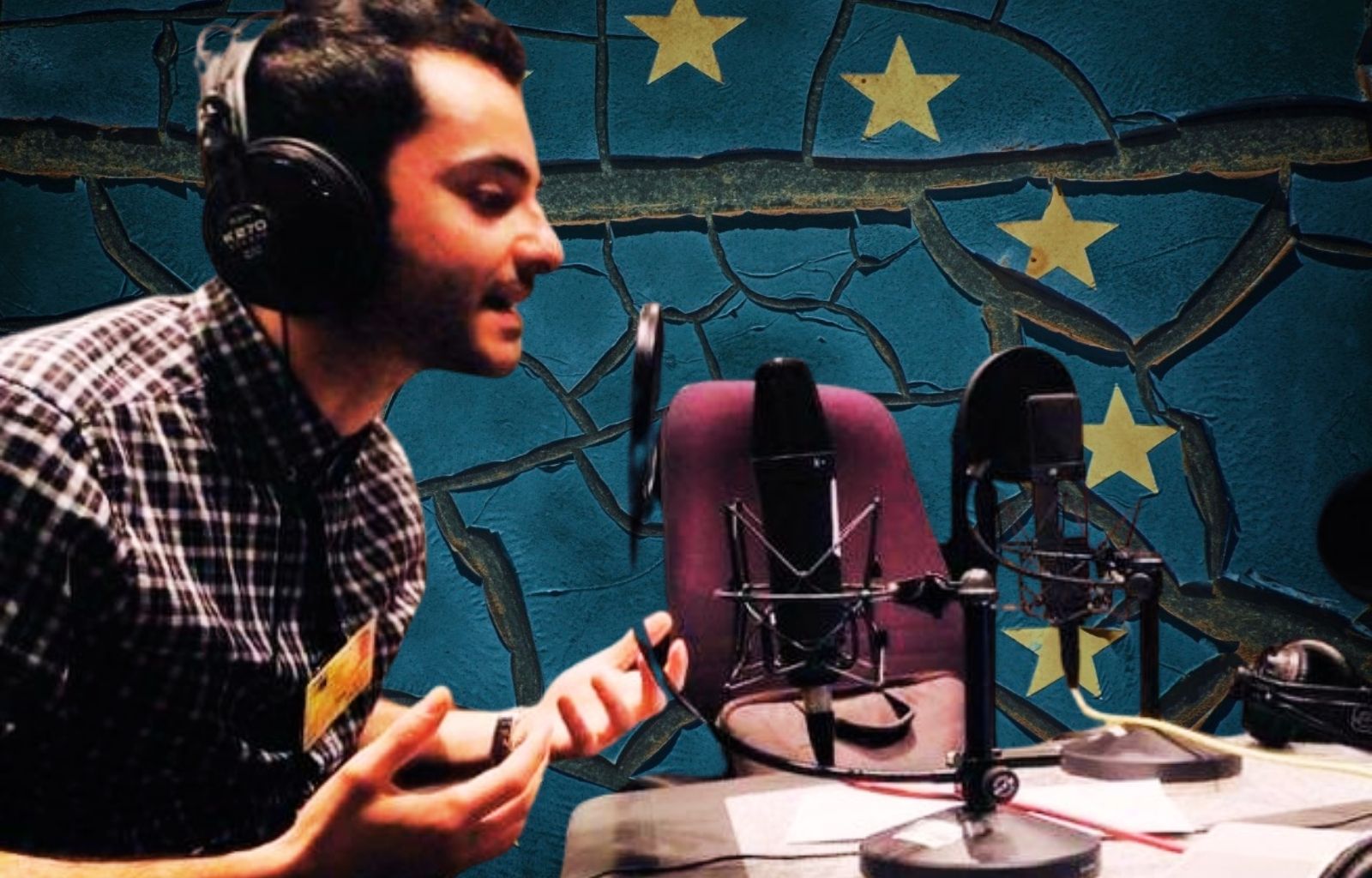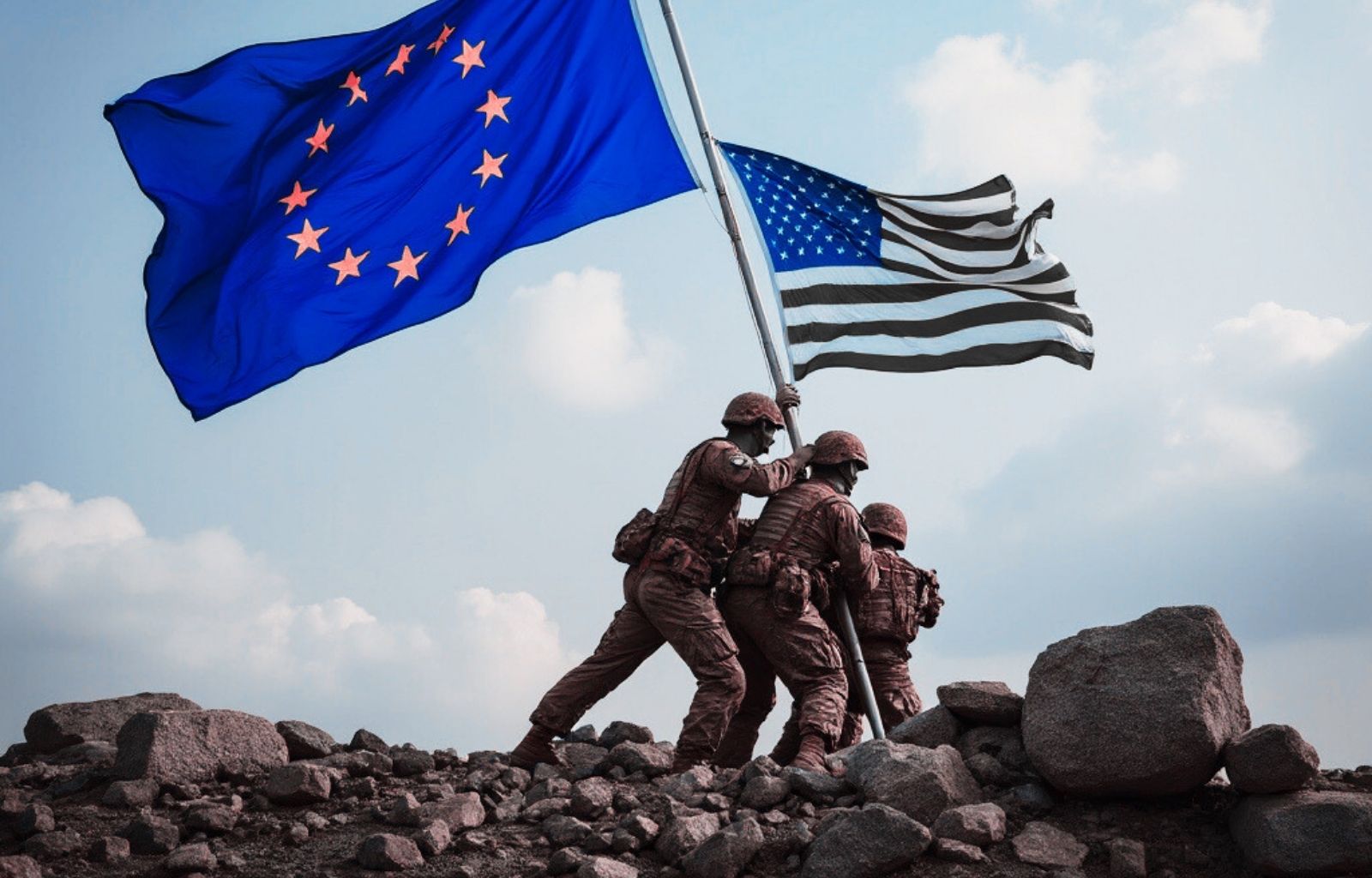Why do UEFA and the EU allow Red Star to promote Gazprom and Putin?
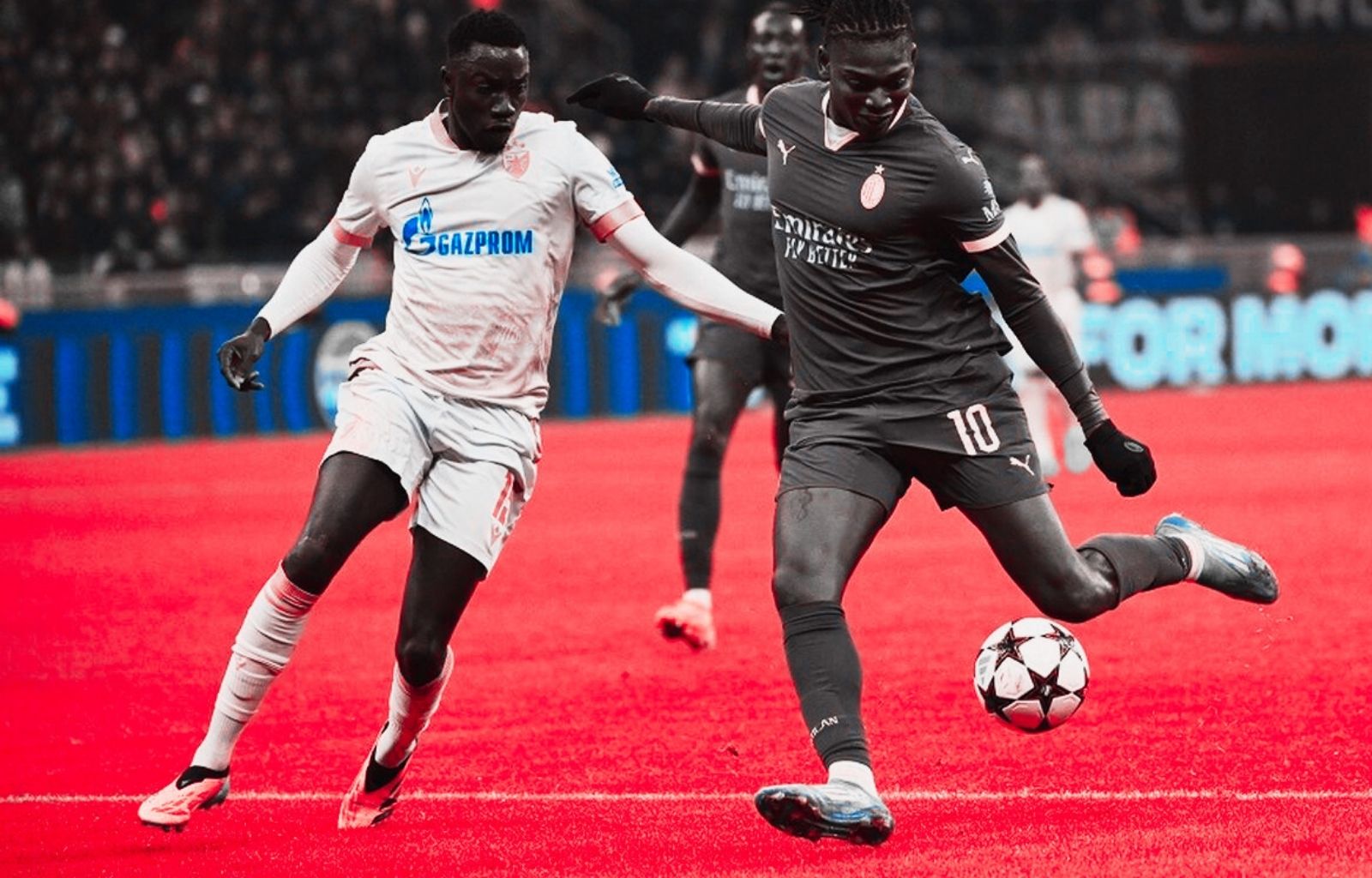
Those who watched last night’s football match between AC Milan and Red Star Belgrade, which was valid for the sixth round of the Champions League, will probably have noticed that on the shirts of the players of the Serbian team stands a ‘peculiar’ sponsor : Gazprom. This is a huge inconsistency not only for UEFA, but also for theEuropean Union.
While the continental football organisation discontinued its partnership with the Russian energy giant in 2022 following theinvasion of Ukraine, it did not impose restrictions on clubs for individual sponsors. Thus, Red Star continues to carry the Gazprom brand around European grounds, including the San Siro.
Gazprom: not just a sponsor, but a political weapon
This link between the Serbian club and Gazprom, active since 2010, is not only a sporting issue but also a political one. Serbia is the soft underbelly of the Balkans: it is a candidate country forEU membership, but its establishment maintains close relations with Moscow, and Gazprom ‘s sponsorship of the flagship team of Serbian football is a clear symbol of this.
The Russian energy company is not just a commercial sponsor: it is one of the main sources of funding for the Russian dictatorial regime, fuelling not only the war in Ukraine but also a series of political and social destabilisation initiatives in other strategic areas. Gazprom is at the centre of Russian pressure and disinformation operations in Georgia and Moldova, as well as attempts at democratic pollution in Romania and many other European countries, including the Balkans.
UEFA ‘s lack of intervention leaves room for a broader issue: theEuropean Union should address the issue directly with the Serbian government.
The Ferencváros case: UEFA continues to ignore the problem
Allowing Gazprom to use European football as a platform for Russian soft power poses a threat not only to sport, but also to the security and political stability of a significant part of the European continent.
UEFA, for its part, has chosen to shift the responsibility onto individual clubs, allowing Red Star to maintain an agreement linking it directly to the Russian government. The situation raises questions about the consistency of sports sanctions and the effectiveness of measures taken to counterRussian influence in European institutions, including sports. Gazprom ‘s sponsorship is not neutral: it reinforces the Russian propaganda and destabilisation machine, jeopardises collective security and the democratic values that theEU and its institutions are supposed to protect.
A similar case occurs in Hungary, where Ferencváros – favourite team of Prime Minister Viktor Orban – has been negotiating a sponsorship with Gazprom for months. The issue has attracted criticism from the liberal opposition party Momentum, which has urged UEFA to intervene to block the deal, but for now the European football government is shrugging its shoulders.
AAA. We are looking for an MEP interested in taking this issue to the EU institutions and to UEFA itself, whose representative office in Brussels is located a few metres from the main entrance of the European Parliament.

